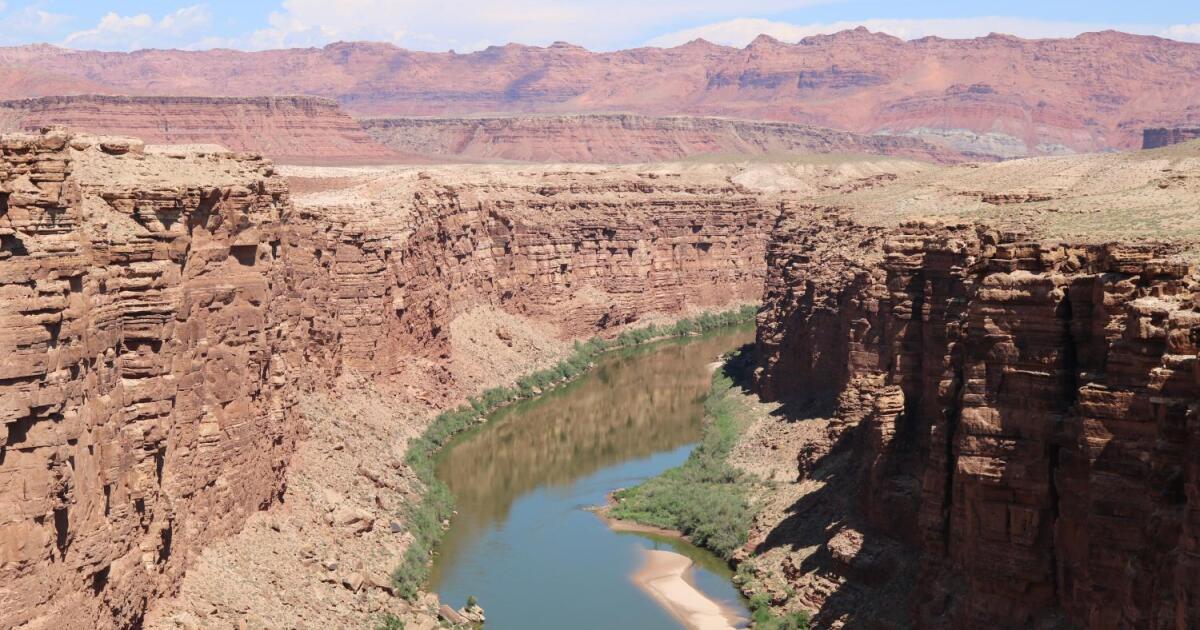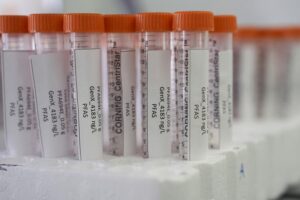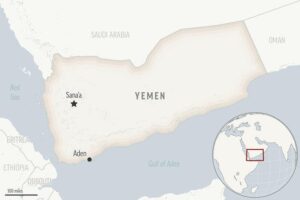Phoenix Eyes Lucrative Deal for Water Conservation with U.S. Bureau of Reclamation
Phoenix is in the midst of negotiations that could significantly boost its finances while supporting water conservation efforts. The city is discussing a deal with the U.S. Bureau of Reclamation to forgo a part of its Colorado River water supply in return for a substantial financial package.
Following a successful agreement earlier this year, where Phoenix agreed to a reduced water allotment for three years in exchange for $60 million, a new proposal could potentially bring in up to $300 million. This initiative is a part of the Bureau’s strategy to promote long-term water conservation practices. According to Troy Hayes, Phoenix’s Water Services director, these funds would be allocated towards constructing an advanced water purification plant at the prospective North Gateway Water Reclamation Facility.
“We are planning on doing these facilities anyways and if the federal government wants to help us to construct that, that’s going to be a great thing for our rate payers,” Hayes remarked.
Recently, the City Council empowered the Water Services Department to formalize an agreement with the Bureau. Hayes is optimistic about finalizing the deal in the upcoming months.
“We’ll get a facility that will be generating water drinking water that we’ll be able to put into our system and in exchange we will give some of our Colorado River allotment to the Bureau of Reclamation to leave on the lake,” he added.
The proposed facility, with an estimated cost of $570 million, aims to treat wastewater to create a drought-resistant water supply. As per a city council report, this plant could produce over 7,500 acre-feet of potable water annually, indefinitely.
The Arizona Department of Environmental Quality’s website underscores the importance of advanced water purification technologies in conserving water resources:
“By treating and purifying wastewater, these technologies enable the reuse of water that would otherwise be discharged to the environment. By going this extra mile, we can use highly treated wastewater by subjecting it to additional advanced treatment and make it safe to drink. This process reduces the demand on freshwater sources, and promotes a more sustainable water supply.”













